They call it historical fiction for a reason. Series like Kingdom can take liberties that “serious” histories cannot. And thank goodness for that, because in the first place, great ones like this are immensely entertaining. And through the liberties they take, a story like Kingdom can help us understand the events and people they depict better than a clinical recap of events could. Not to mention, what’s passed off as history is really just a best guess, based on the sources who were in the best position to pass along their version of it.
All that is a roundabout way to praise Kingdom for taking this detour in the midst of the climactic battle of the series so far. While the battle to determine the future of Qin is playing out in its current capital, the most dramatic events of this episode are taking place in its old one. Neither of the principals can directly influence the struggle that will decide their future (and that of their country) any longer. They’ve done all they can, manoeuvred the pieces to the best of their wits’ ability. Now they’re helpless to do aught but wait. So why not retire to an ancient inner sanctum in Yong’s highest tower to argue about the shape of the world?
Did a conversation like this really happen as the future of what will be China was decided in the streets of Xianyang? Almost certainly not – but that’s why poetic license is a wonderful thing. Zheng and Lu Buwei really are fighting to espouse diametrically opposed visions of the world, and it’s a blast to hear them hash that out. And I’ll be honest, this conversation makes me see Lu Buwei in a different light – or rather, it helps me remember things I know about him which my emotional reactions make me forget.
As far as that actual battle goes – and that is the critical part after all – it remains pretty grim for Team Zheng. It really does seem as if this is the climactic battle between Lu Buwei and the young king – Zheng certainly throws all his cards on the table as if he knows it will make no difference. I’m still dubious as to why he didn’t get his family out of Xianyang before all this happened, but the imperial capital is designed to protect people like them. Even with Lu Buwei’s help (which Zheng surely knew the attackers would have) it’s no easy thing to penetrate the many layers of defenses to reach the royal family. Does Lu know about the secret passage they’re off to hide in? I guess they – and we – will find out soon enough.
Back in Yong, Zheng shares his reasoning for inviting the others (including his mother – surely in line to be executed as a traitor no matter who wins – and Cheng Jiao’s widow) to hear their conversation. Shouldn’t the people who’ll be at the epicenter of power hear the governing philosophy of the man who they’ll be serving, whichever one that is? Lu Buwei seems very put off by Zheng’s rumored dream of unifying the Middle Kingdom, but Zheng turns the tables on him and demands that he level the playing field by sharing what his overarching vision for ruling the country is.
One thing we can say for sure – Lu Buwei is no fool. He’s freakishly smart in fact, and highly educated. He’s a commoner who rose to the very heights of power when such things just didn’t happen. He knows his history, and he understands the way the world works in a way a pampered royal never could. The issue – and this is why he’s proved such a formidable opponent for Lu – is that Zheng is no pampered royal. He rose up from slavery itself to get where he is. Lu Buwei respects him for this, make no mistake – but ultimately Lu is all about hard practicalities. And in practical terms Zheng is more than anything an obstacle in his path.
We’ve seen Lu do some awful things, many of them to Zheng and his family. But here’s a hard reality that’s been the elephant in the room for this series since the beginning (as I’ve noted repeatedly) – Zheng’s dream, before it means anything else, means war. Years and years of war like the Middle Kingdom has never seen. Lu, by contrast, scoffs at war – as a means in and of itself. What the young Lu Buwei tells his master – “war isn’t futile, but it is foolish” – is a critical distinction in his way of thinking. Lu understands the value of war as a means to an end, that end being to lever himself into supreme power and then use that power as a means to channel the resources of the kingdom away from war, and into making more money.
Lu certainly isn’t wrong that greed drives a world operating under a monetary system, and that the invention of that system was a watershed moment in human development. And that we were “just getting started”. In effect both he and Zheng are practicing a form of consequentialism here – using evil means to achieve what they believe to be a good end. Maybe Lu’s way means less death in the process – it’s certainly the more visionary in understanding the way human society would evolve. Zheng represents a feudal past, truth be told, and Lu a capitalist future – two very different sorts of imperialism. In the moment it’s hard not to root for Zheng based on personal character (and all we’ve been through), but the underlying morality of this drama is not remotely black and white.


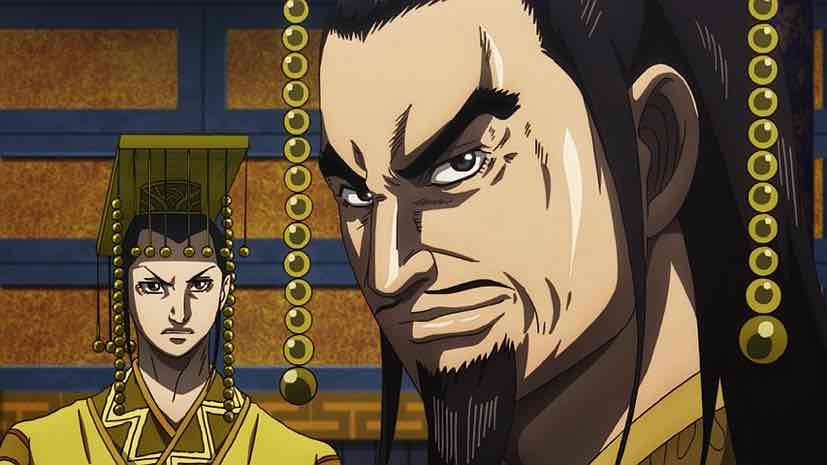
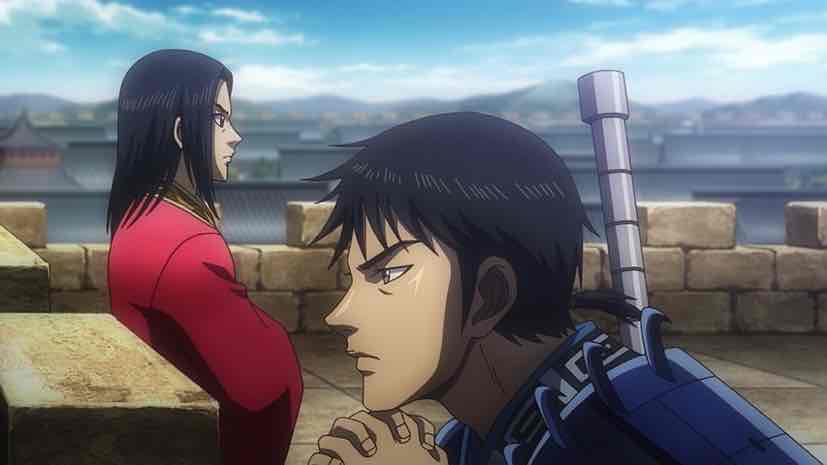
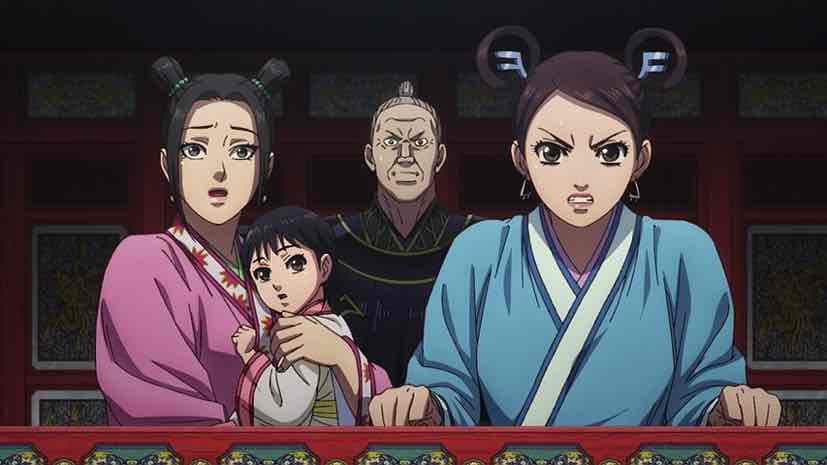
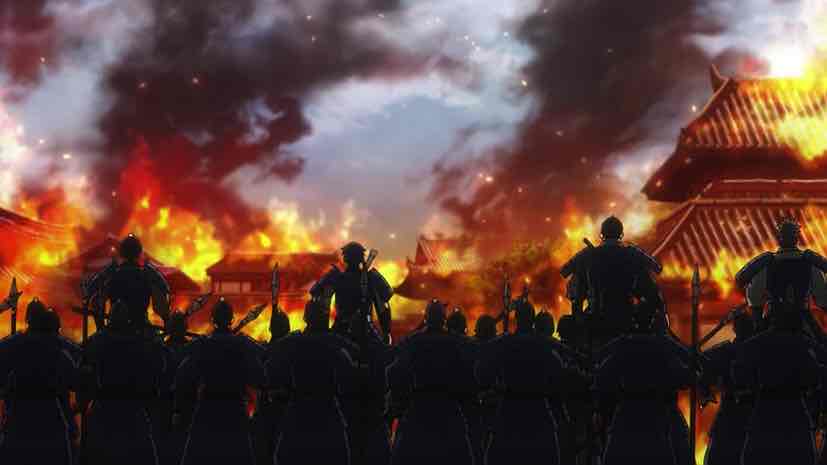
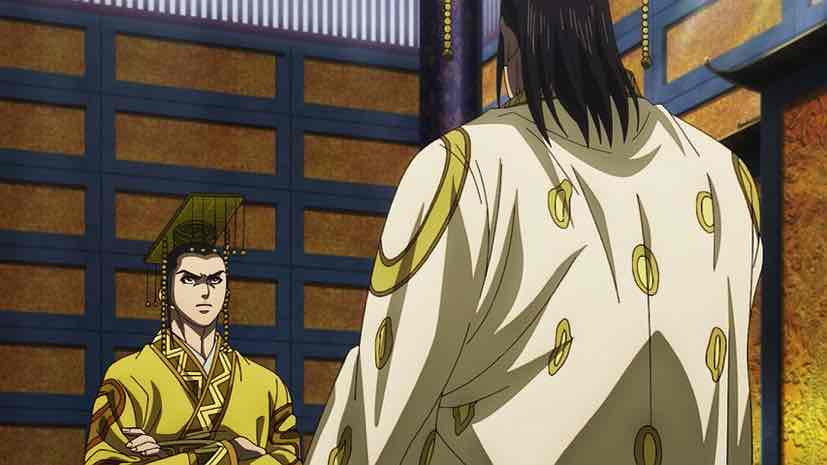
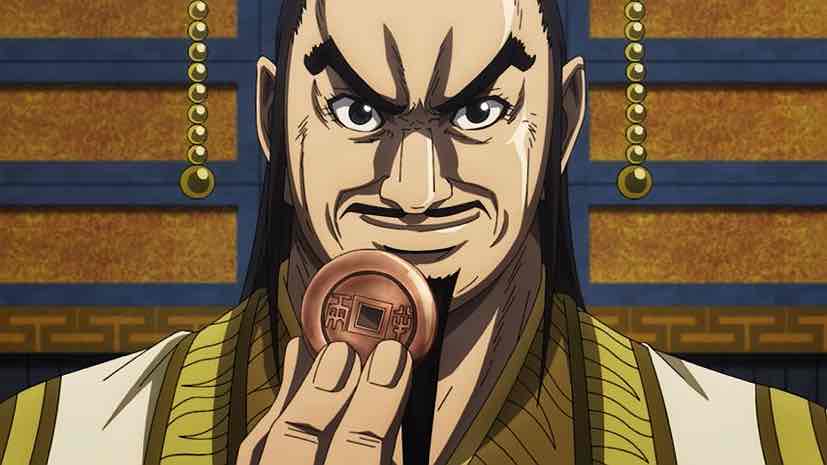
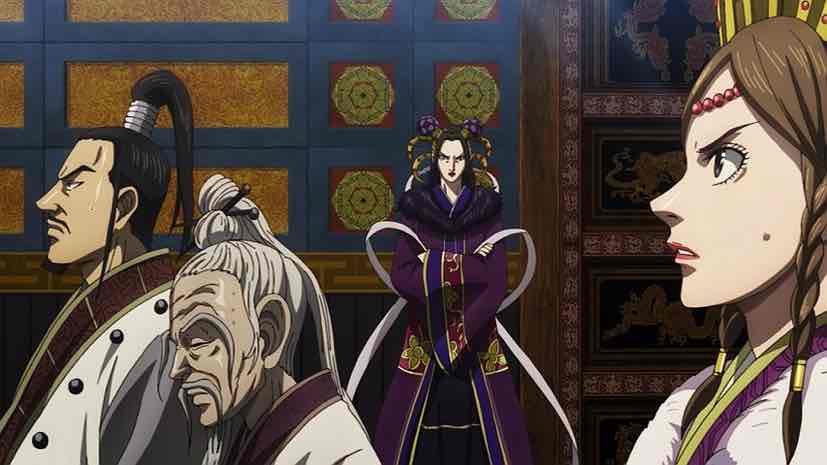
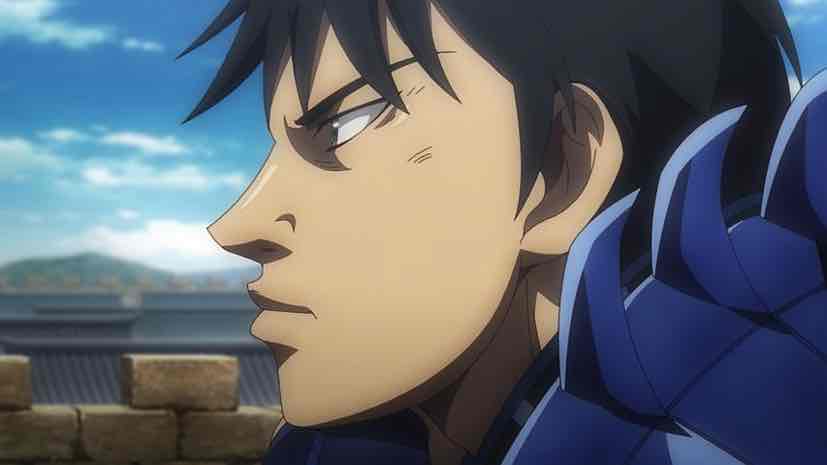
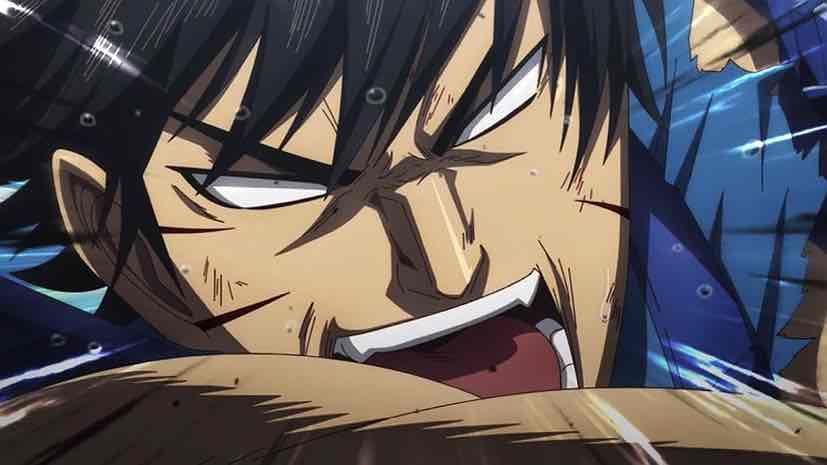
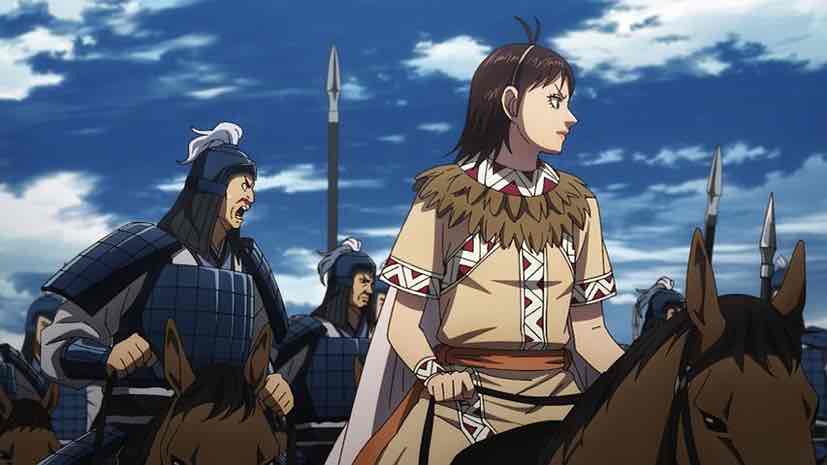
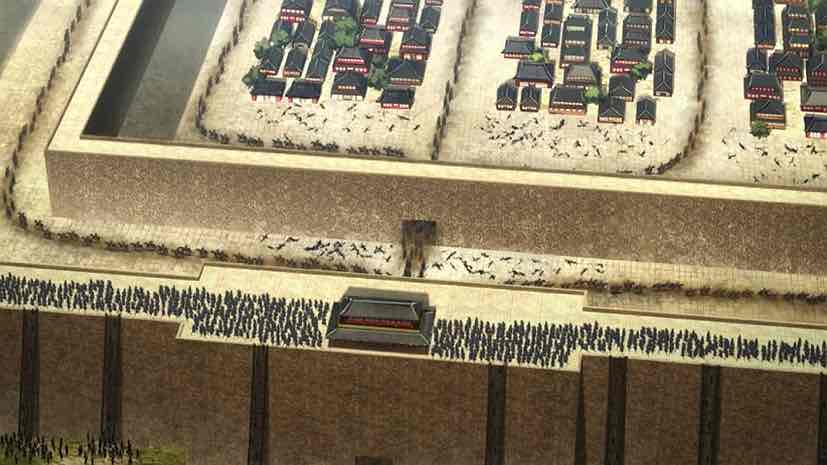

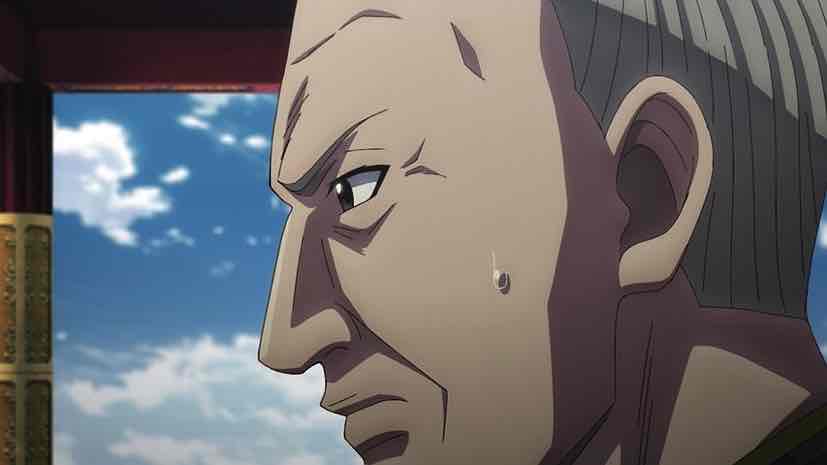
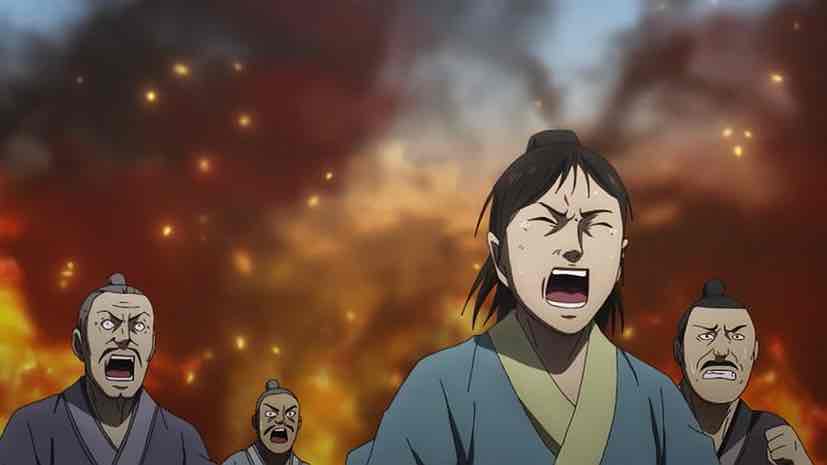
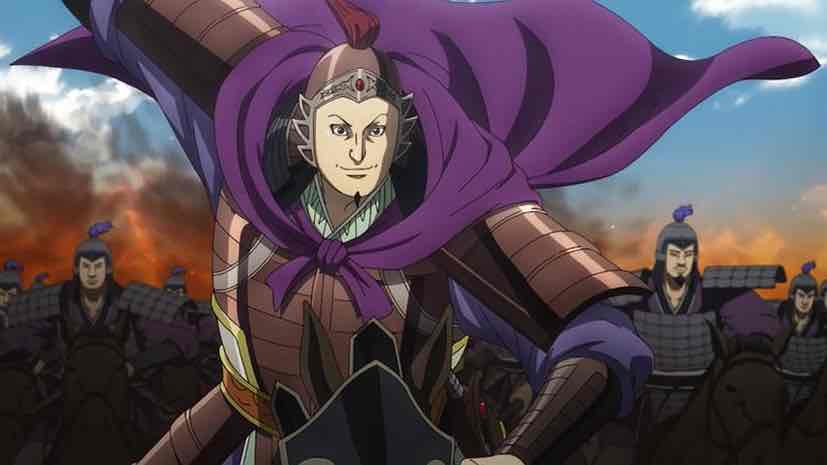
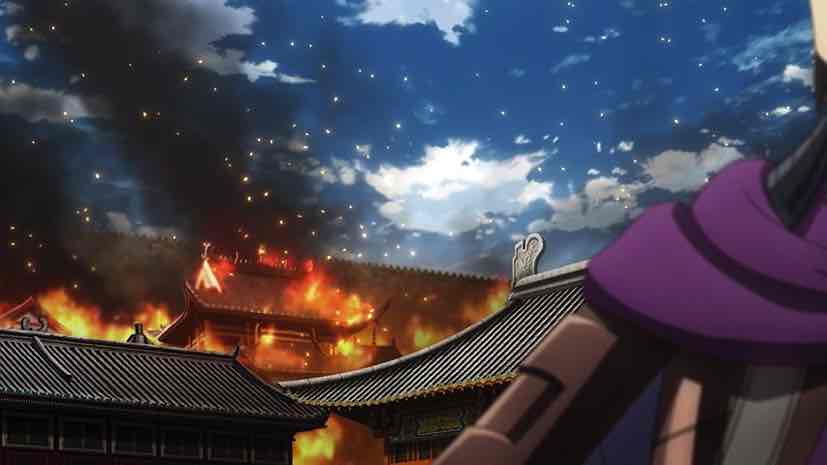
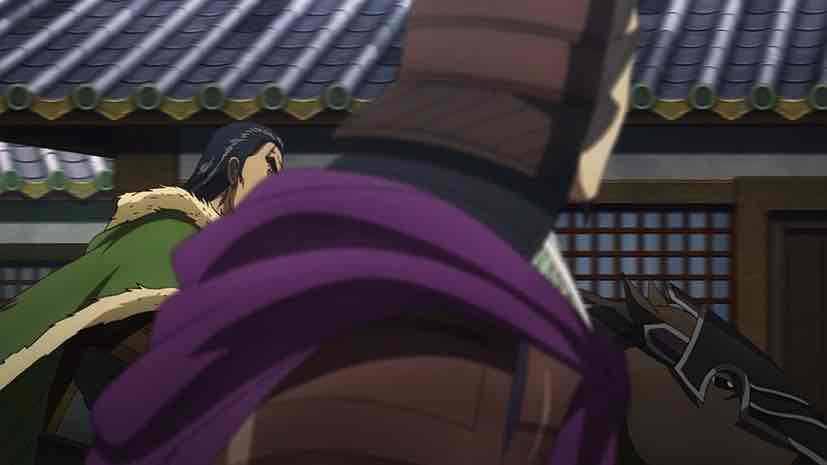
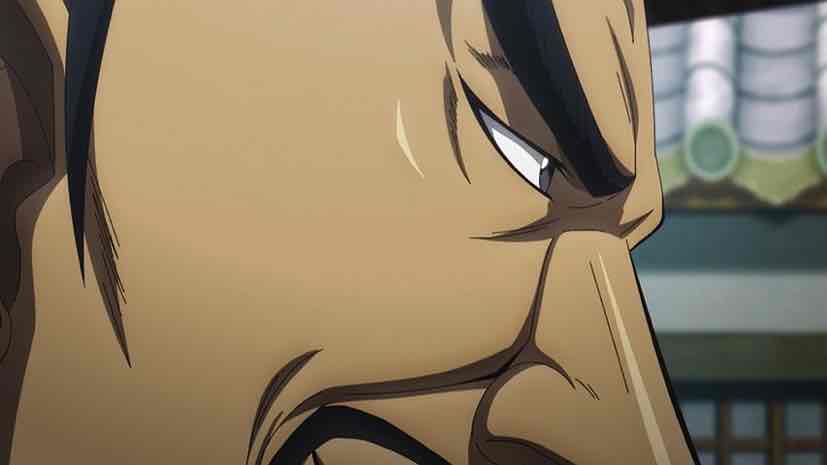

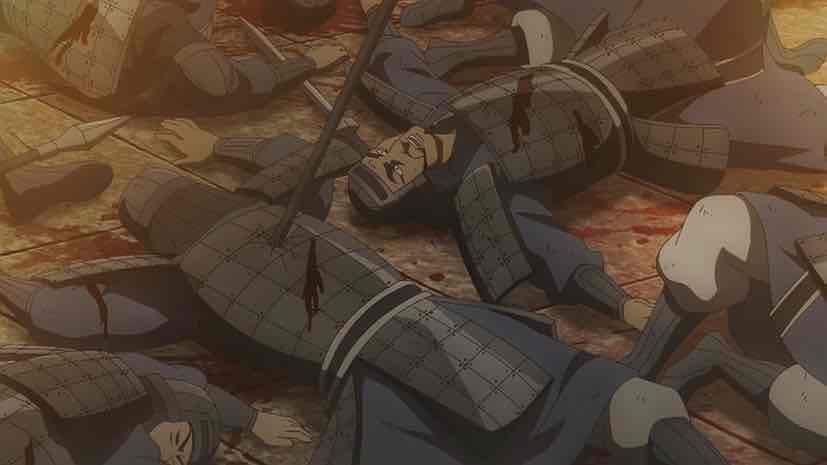
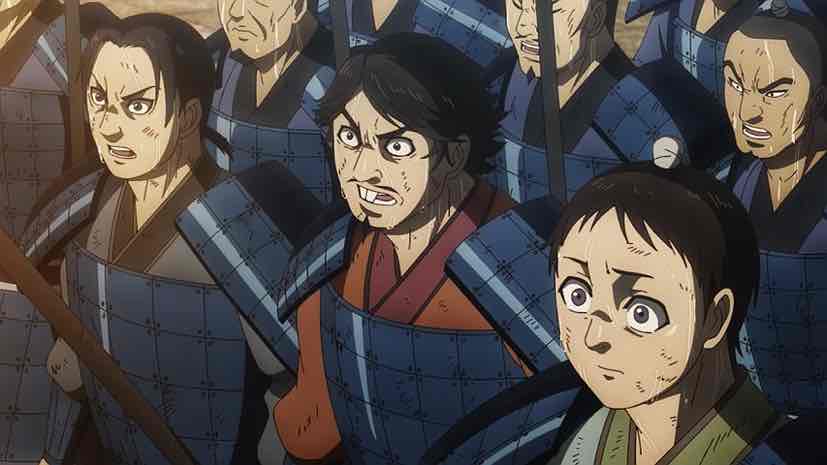
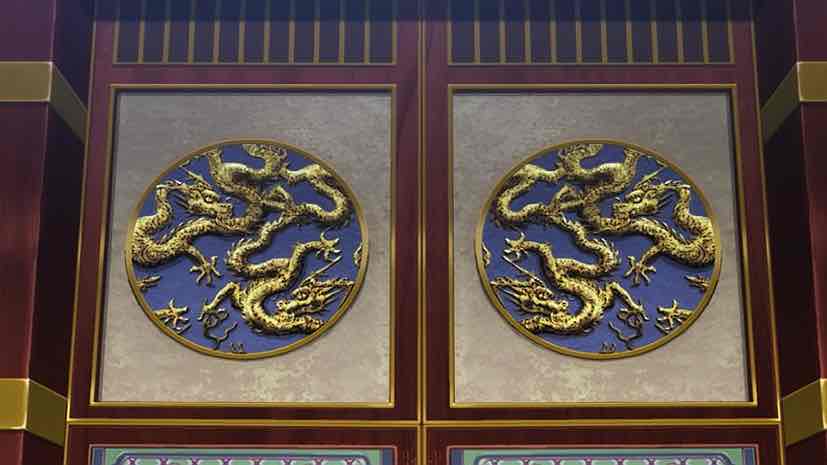
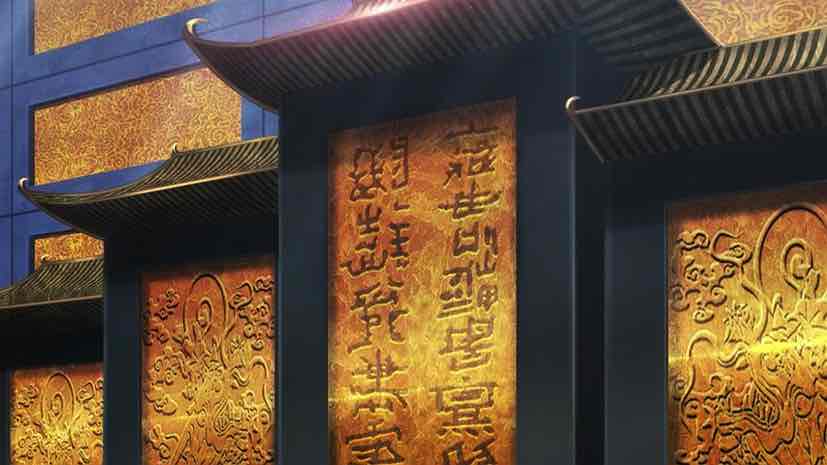
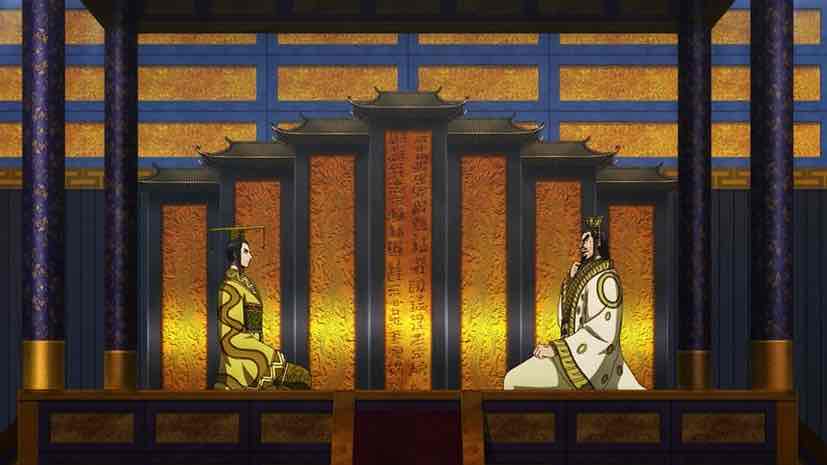
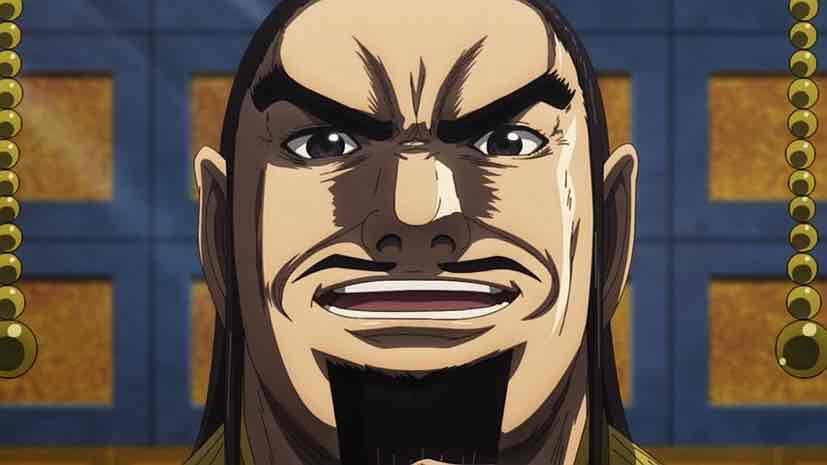
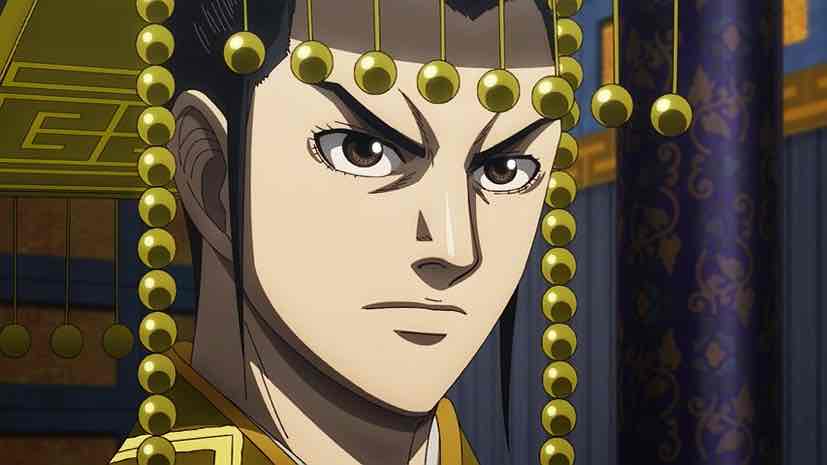
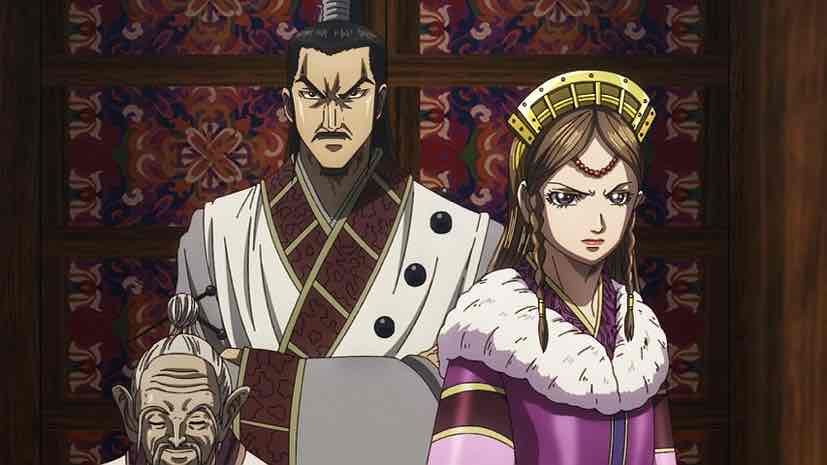
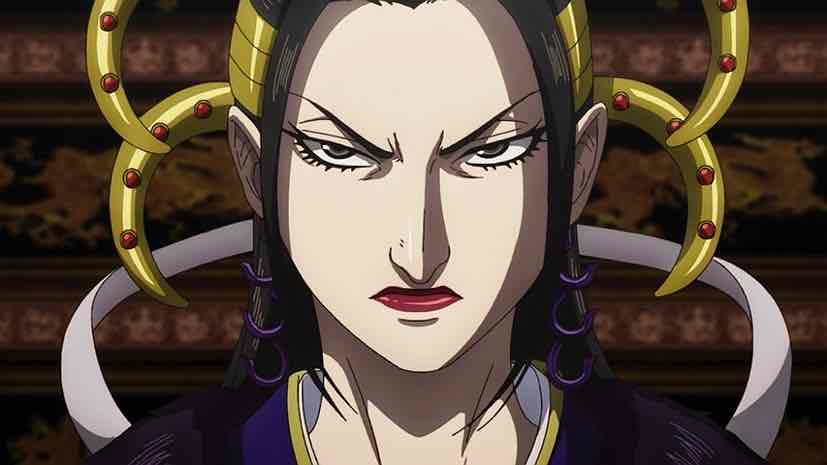
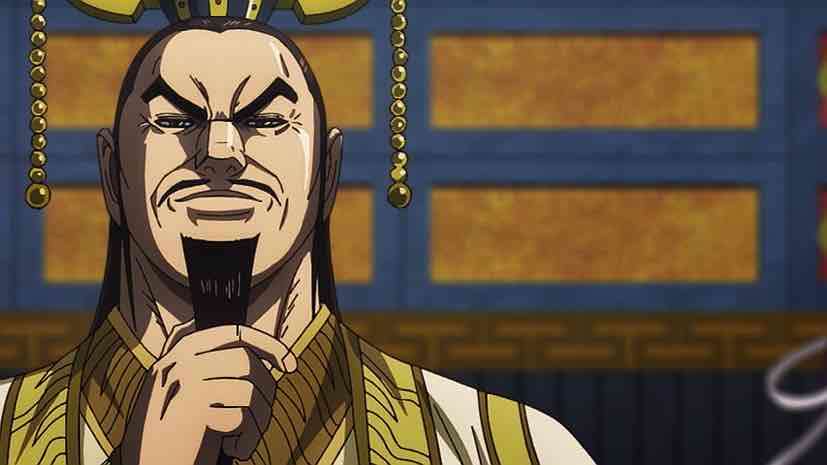
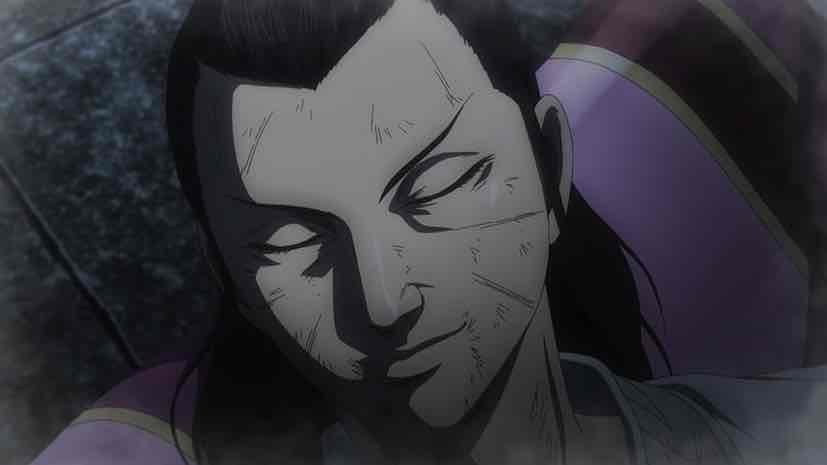
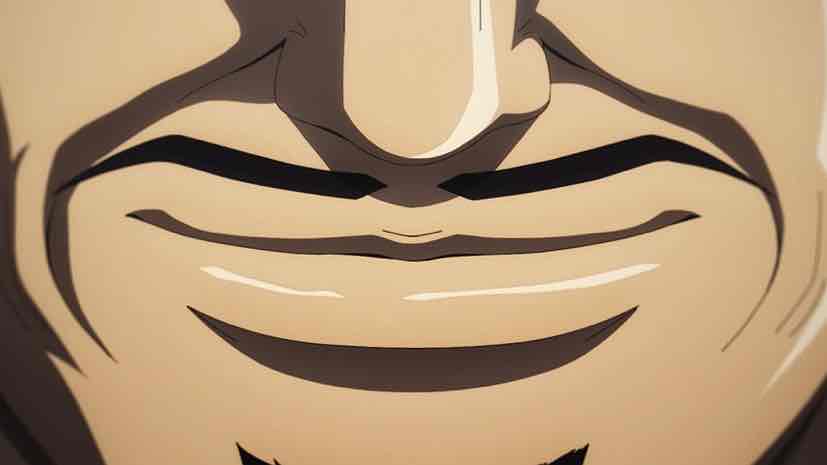
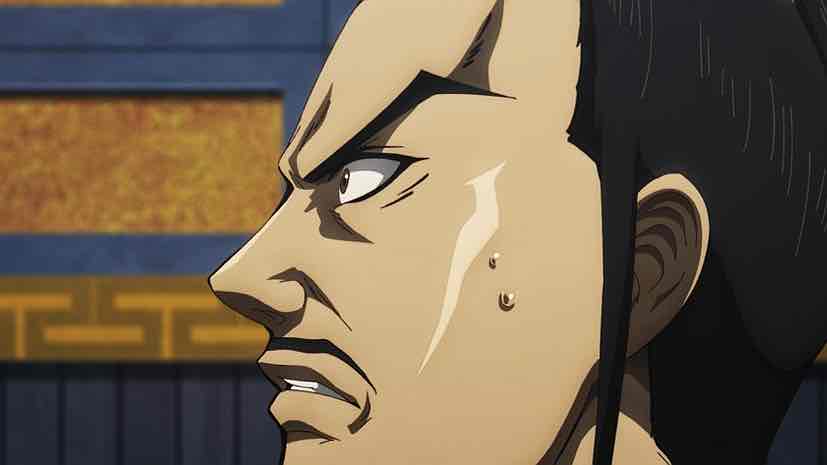
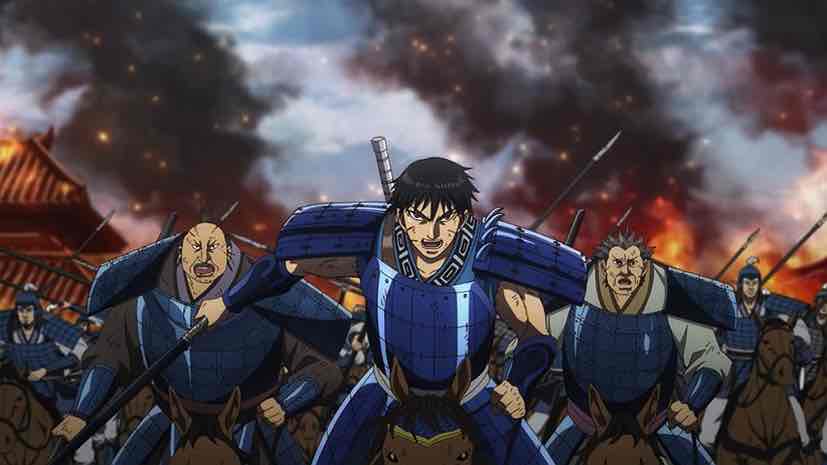
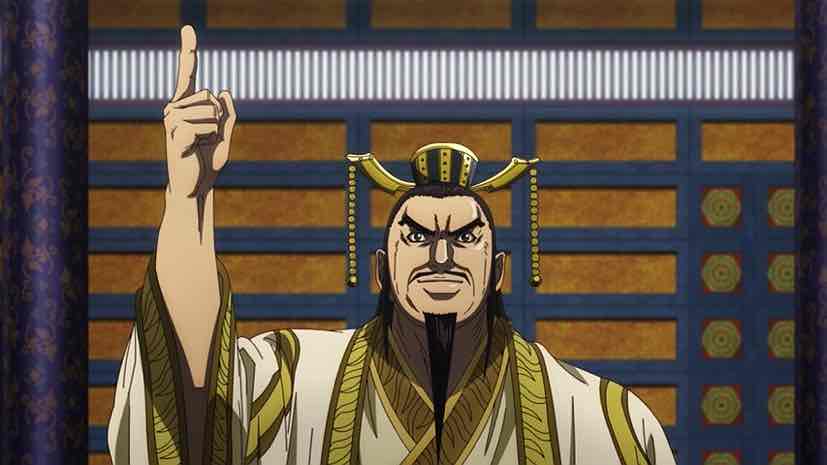

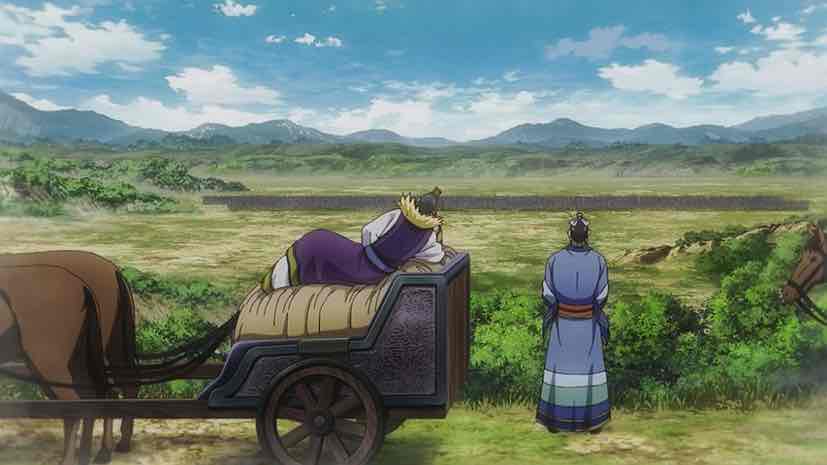
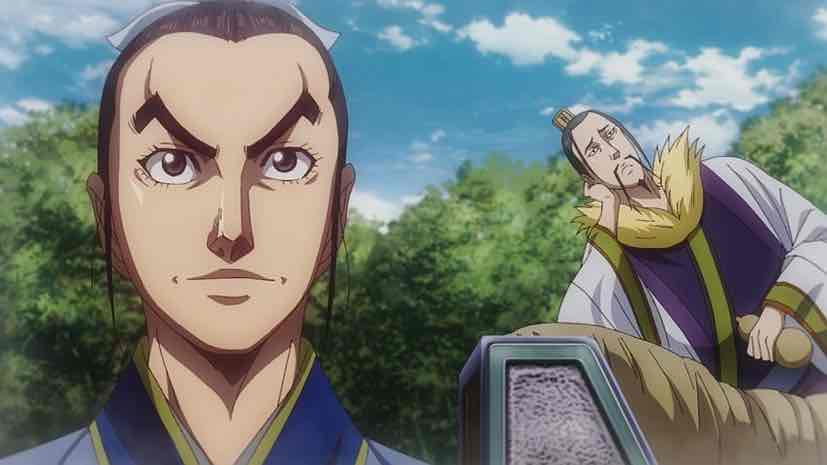
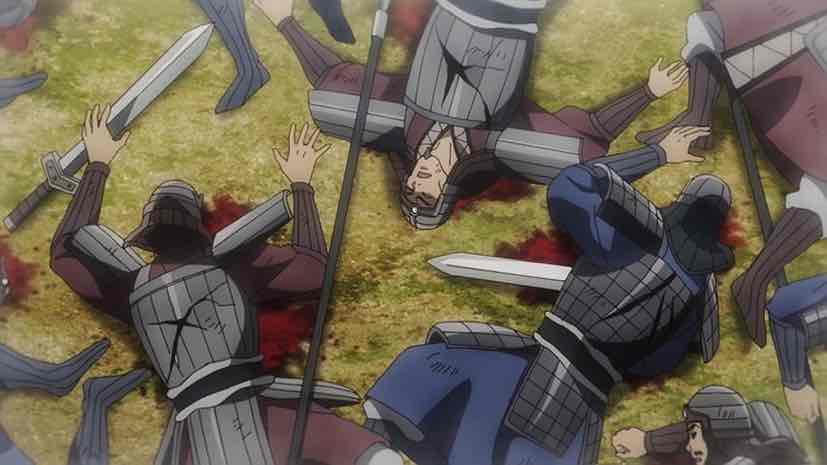
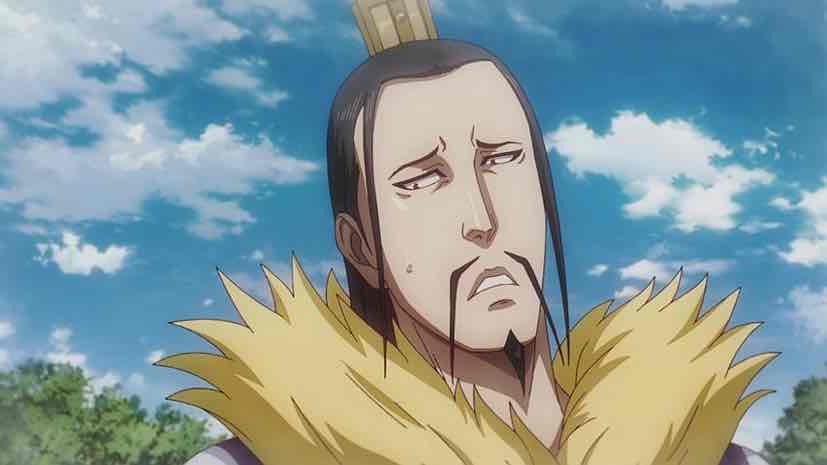
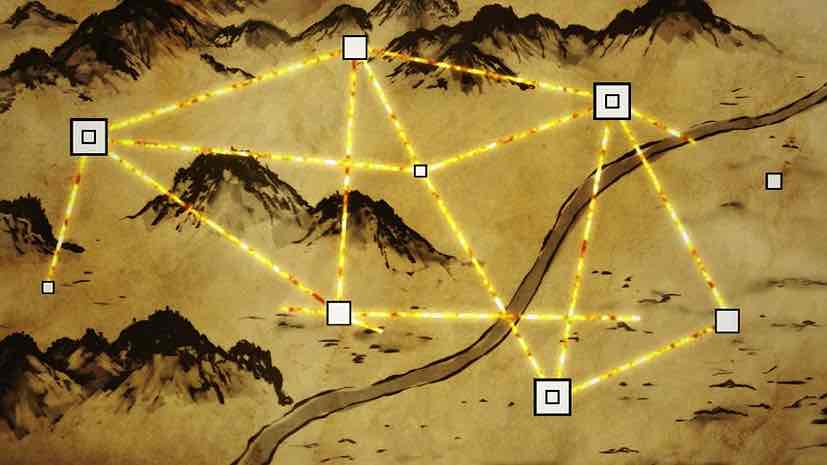
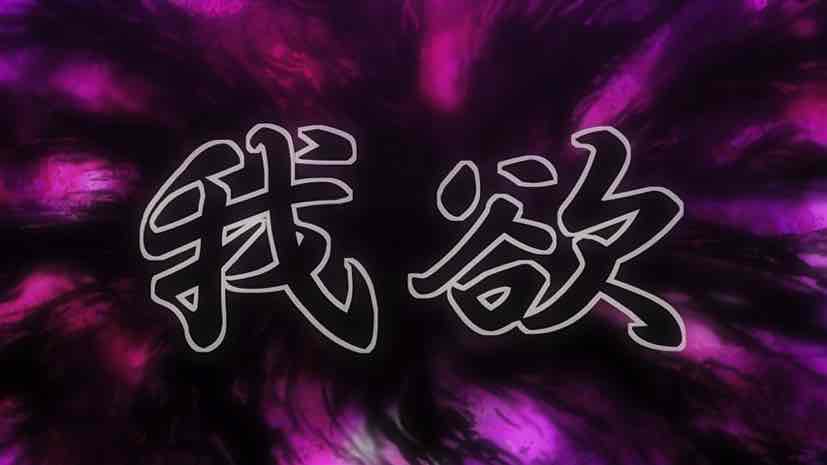
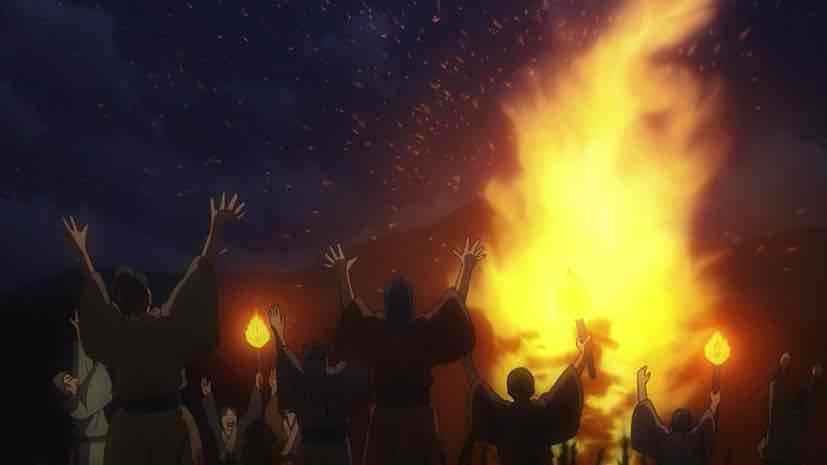
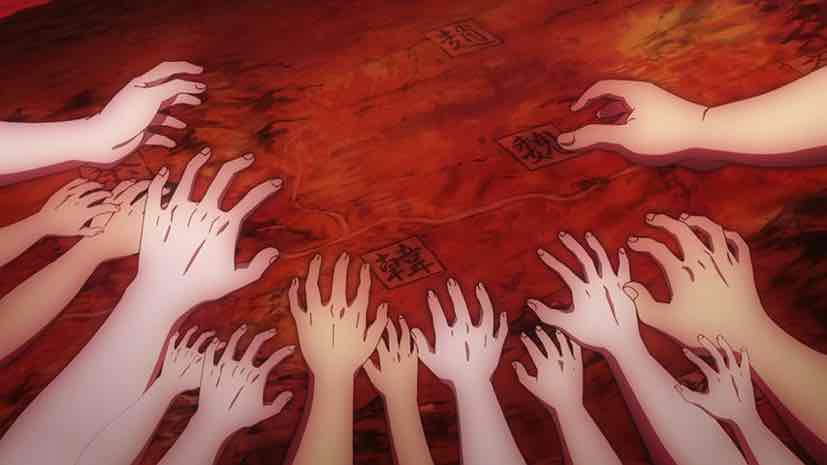
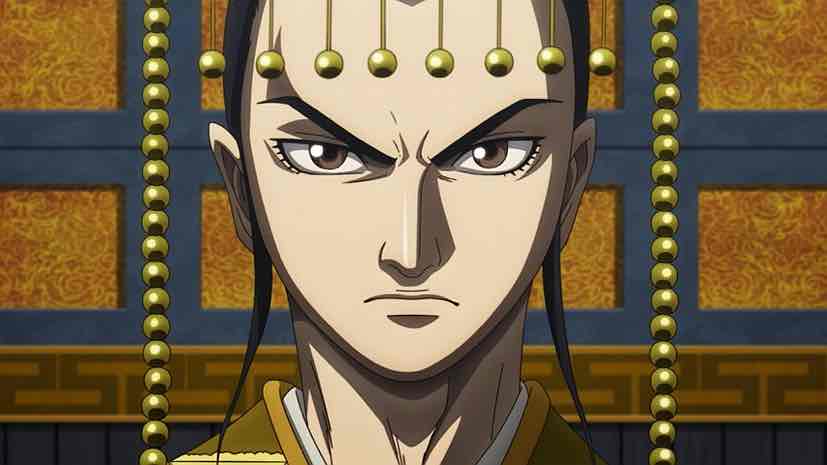
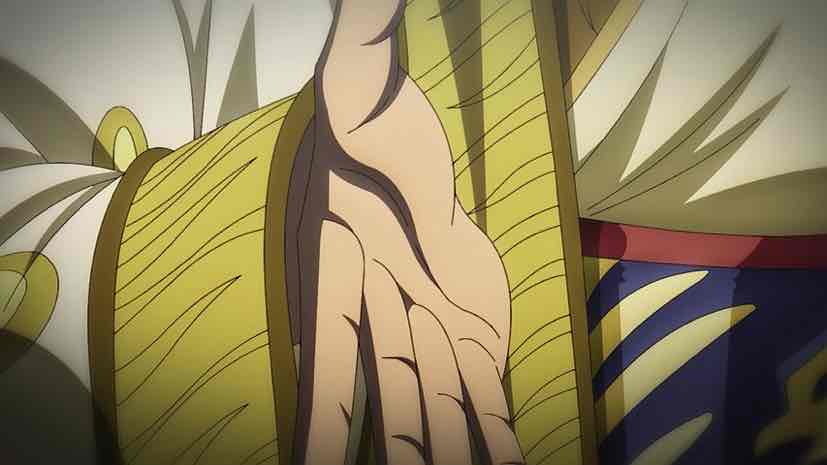
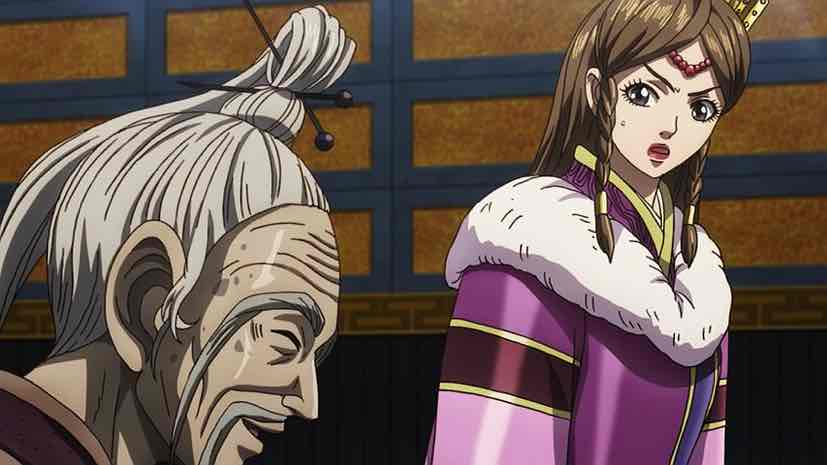
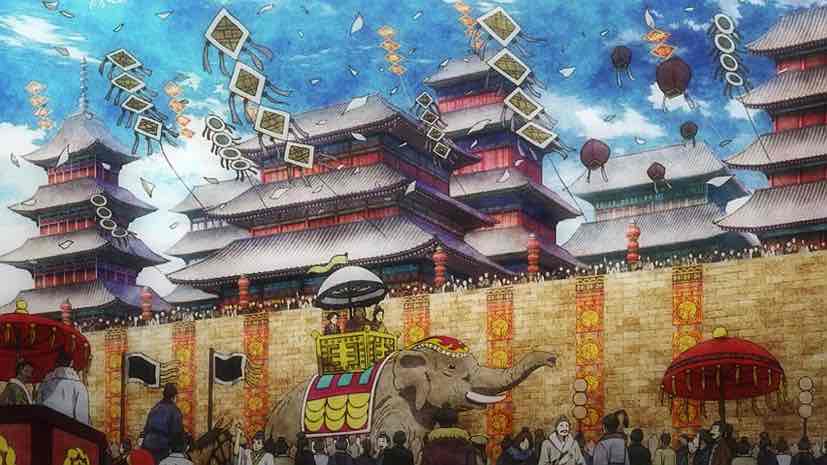
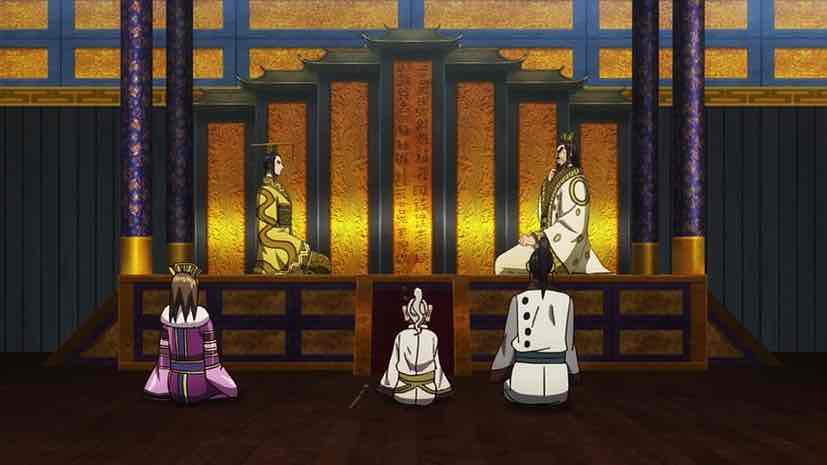


Red
August 21, 2022 at 11:00 pmSummertime render, Ao Ashi and Kingdom were pretty short on runtimes this week… I’m more inclined to support Lu Buwei’s vision (power through prosperity) than Zheng’s (unification through war) though Zheng might have a good discourse for his part in the next episode.
On a different note, have you checked the Sandman adaptation from Netflix? (Aside from a few liberties, I think it captures the feel of the graphic novels fairly well). Also, will you also be blogging House of the Dragon (first episode just aired) like you did with GoT?
Guardian Enzo
August 22, 2022 at 12:40 amNot yet and no idea. Depends on how good it is, but I suspect the Dunk and Egg one will be the keeper.
Kinai
August 22, 2022 at 2:49 amI heard that it is woke dumpster fire. I don’t think that I saw it after yhey didn’t finish GoT after only four seasons.
On the other hand, not so sure about Lu Buwei’s vision.
Oh! I love this serie.